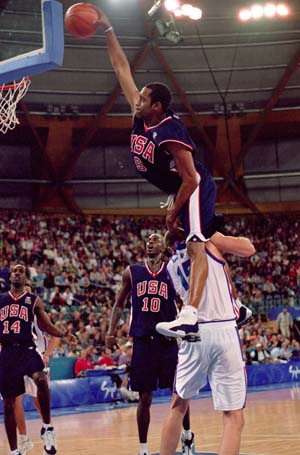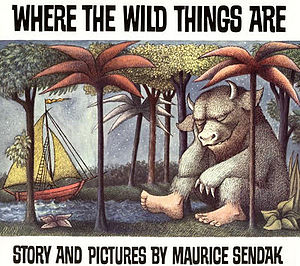French fried and who takes the heat when you reach for talent
Last night I stayed up way too late for a tired body still recovering from #SHRM12 to watch the NBA 2012 player draft up until the point where my beloved New York Knicks made their one and only selection, with the 48th overall pick.
And in classic Knick fashion, they managed to enrage the small but vocal contingent of fans on hand at the draft, as well as a fair number of active fans in the Twitterverse, with the selection of the mostly unknown Kostas Papanikolaou, from Greece, whose main claim to fame, (aside from being short an 'e' from having every vowel in his last name), was ONE good game in the recent Euroleague finals. Immediately after the selection of Papanikolaou, and amid the fans' shouts of 'Who the heck is that?', some of the commentators on the draft broadcast talked about the Greek's game, and that he has potential, some good skills, needs some further development, yadda-yadda-yadda. Truth is, hardly anyone knows anything about this player and his game, and whether or not he will become a productive NBA player someday is anyone's guess.  The dunk of death
The dunk of death
As a Knicks fan, the draft always brings back memories of the 1999 draft, where the Knicks selecting with the 15th overall pick in the event, selected a similarly unknown, (but admittedly with a better body of work to that point), Fredric Weis, a 7'2" center from the basketball hotbed of France. Long story short, Weis never played in the NBA, and despite having a decent career in a few European leagues and representing France is several international competitions, is really only remembered for one thing - being jumped over and dunked upon by NBA star Vince Carter in the 2000 Olympics, in a play known as "Le dunk de la mort'', ('The dunk of death').
As I mentioned, Weis never made it to the NBA, and certainly it will take a few years to know if Papanikolaou will meet the same fate. There are just too many variables, and a long history of guys you've never heard of before, (Nowitzki, Ginobili, Sackett), having fantastic careers to completely discount the Greek's chances.
But here is the interesting thing for the talent evaluator and professional in these kinds of 'reach' scenarios - if Weis would have turned out to be a star, or even a solid, reliable contributor on the NBA level, a ton of the credit would have gone to the person(s) gutsy enough to risk their professional reputation and jobs and pick an unknown guy out of France over a more established player from a US college that the fans and public would have at least known about. The risk, at least a disproportionate amount of selecting an unknown quantity, from a talent pool not known for producing great hires, who you have to explain for half an hour just exactly who he is, is almost all on the talent pro.
If a guy like Weis, and Papanikolaou as well, ends up as a success, most of the accolades and credit will go to them. If they fail, it isn't really their fault, no one expects unknowns from Europe to become big NBA stars, (less so today, certainly that was the case in 1999).
The safe bet of course, for the NBA talent evaluator, and for you the corporate talent pro, is to make the 'safe' pick, choose the talent from a known source, one that your fans, colleagues, and hiring managers recognize. Make the 'defensible' choice.
Because if the the blue-chip guy from the Big 10 school that has been on TV 47 time in the last 3 years fails - well then that's the player's fault, not yours.
If you as a talent pro reach for a guy like Weis and he fails?
Well that's your fault. And that's no fun.
Have a Great Weekend!

 Steve
Steve
